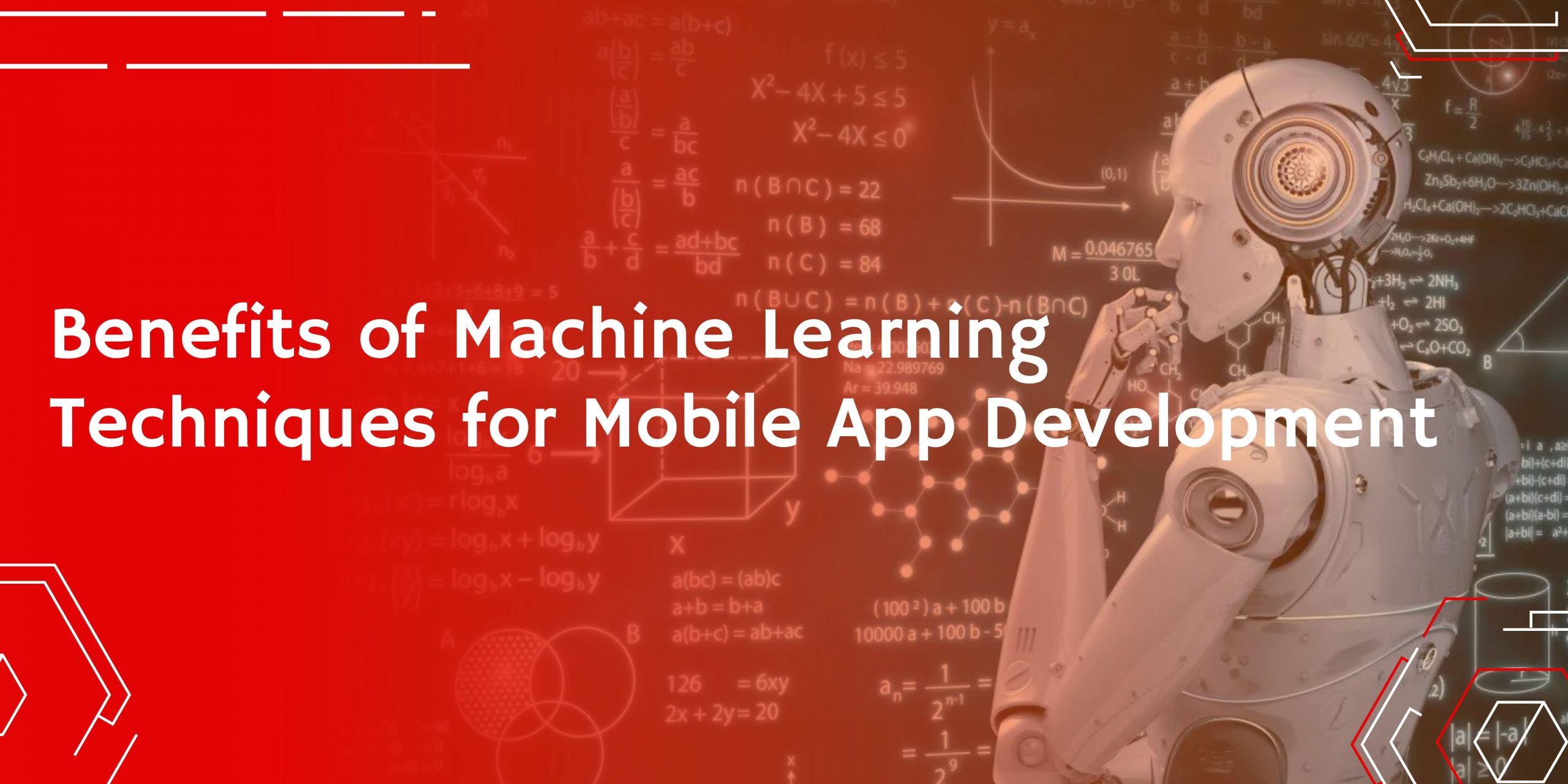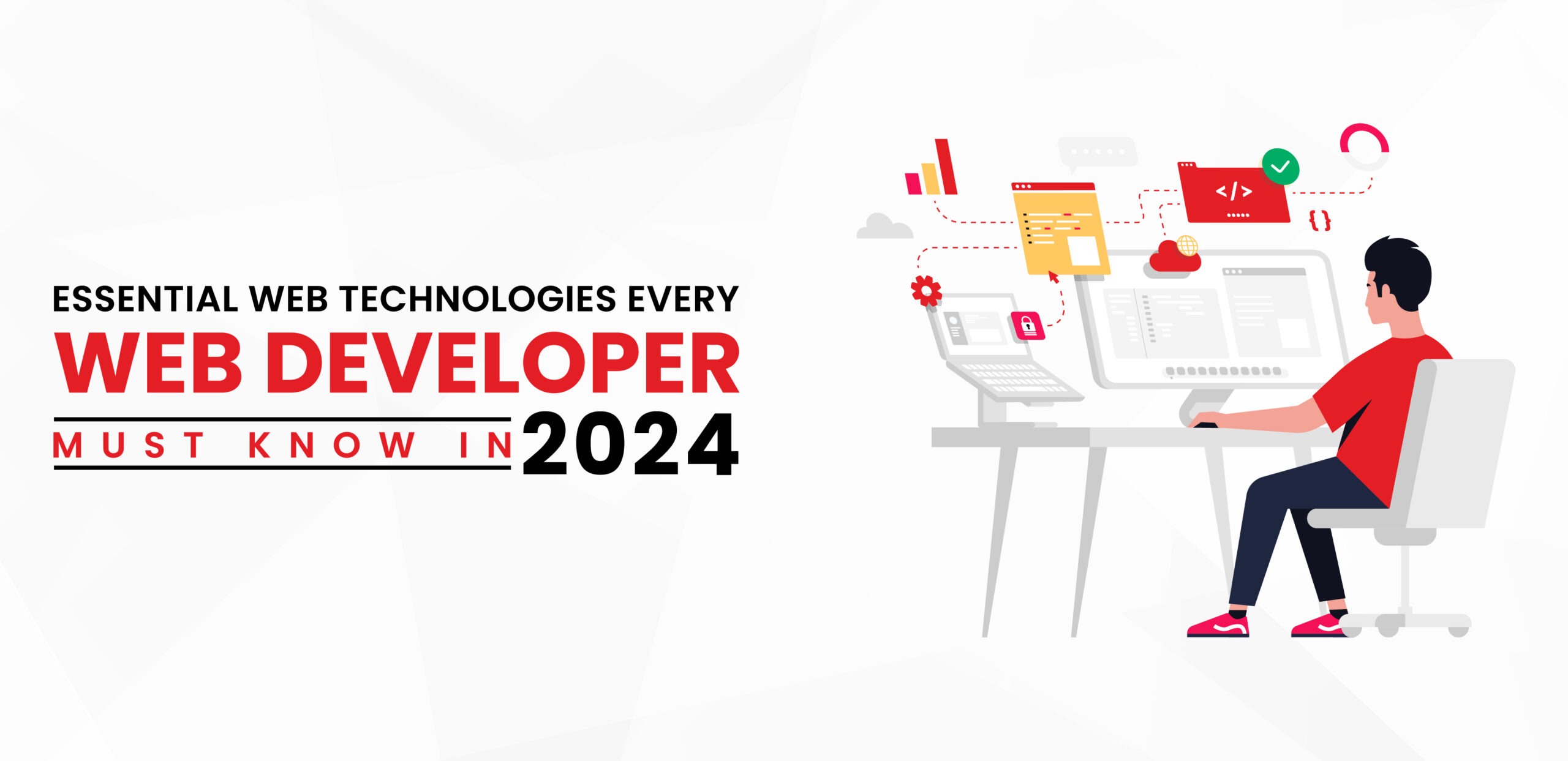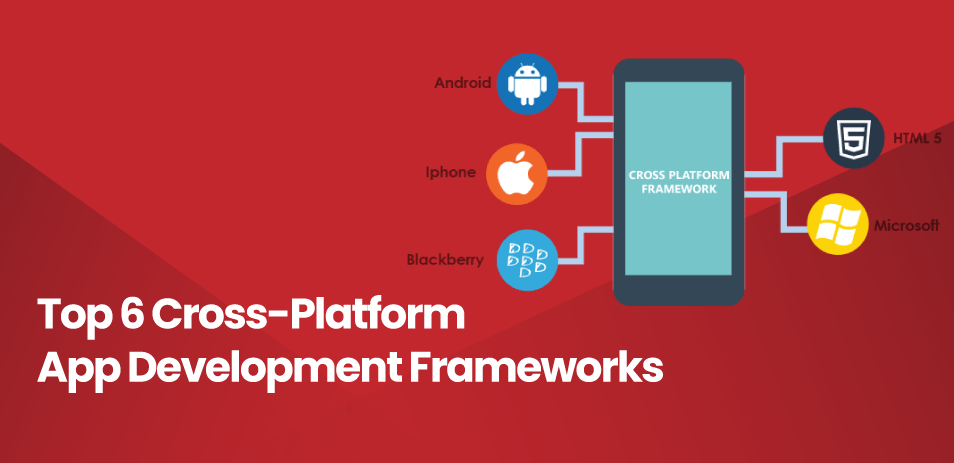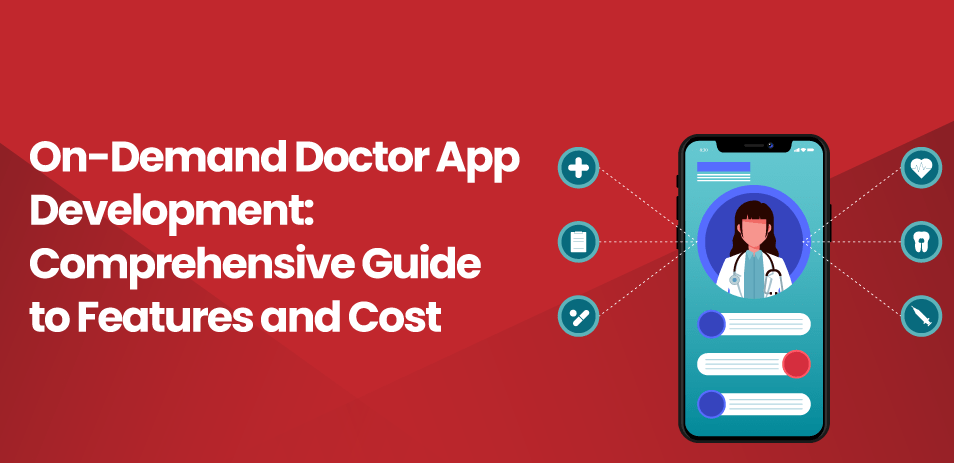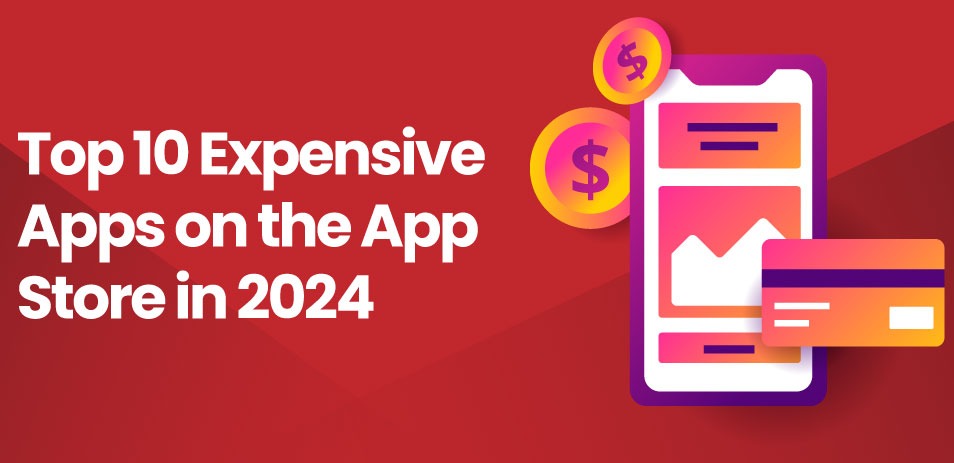As the prevalence of mobile phones continues to surge, the mobile app development market is witnessing intensifying competition daily. An extensive array of mobile applications and development companies spanning various industries are entering this arena. App developers strive to elevate their products by embracing cutting-edge technologies in response to the ever-evolving demands. Machine learning in mobile app development is one of the most recent trend. Which have garnered substantial popularity in the technology landscape. Mobile app development companies Dallas are progressively adopting these advanced techniques. Because they empower developers to create intuitive apps that can dynamically respond to customers’ preferences, ensuring a seamless and gratifying customer experience.
Machine learning, as implied by its nomenclature, pertains to acquiring and understanding customer demands and preferences, facilitating organizations in tailoring their products accordingly. Through the predictive analysis of customer behavior. Machine-learning technology empowers businesses to optimize their operational processes and augment their product offerings. Which lead to heightened customer satisfaction and enhanced business expansion. Ultimately, these strategic advantages enable enterprises to realize substantial revenue growth and customer lifetime value through significant increases in sales performance.
What is Machine Learning?
Machine learning is a game-changing technology that is transforming numerous sectors. Machine learning is fundamentally the capacity of computers to learn from experience and advance without explicit programming. It enables systems to independently examine data, spot patterns, and take decisions based on that data. This blog examines the foundations of machine learning while illuminating its uses, advantages, and potential to influence the future. Let’s set out on a trip to discover the great possibilities of what machine learning is and how it is transforming the landscape of contemporary innovation, from analyzing complex data to improving user experiences.
Also Recommended: How Artificial Intelligence is Revolutionizing Mobile App Industry
Machine Learning Stats
- The global machine learning market is expected to grow from $15.44 billion in 2021 to $209.91 billion by 2029, at a CAGR of 38.8%.
- In 2022, 82% of organizations need machine learning skills. But only 12% of enterprises state the supply of ML skills is at an adequate level.
- The average salary for a machine learning engineer in the United States is $140,000.
- The demand for machine learning skills is expected to grow by 300% by 2025.
- Machine learning is being used in a wide variety of industries, including healthcare, finance, retail, and manufacturing.
- Machine learning is having a significant impact on the way businesses operate. Helping them to make better decisions, improve efficiency, and reduce costs.
- Machine learning is still a relatively new field, but it is rapidly growing and evolving.
Benefits of Machine Learning Techniques for Mobile Apps Development
Personalization
Machine learning technology empowers the monitoring and analyzing users’ historical behavioral data to deliver personalized recommendations. This becomes particularly crucial in an era where the mobile application market is experiencing saturation, leading users to switch between apps frequently. Retaining users on an application for extended periods is paramount.
During machine learning app development, companies increasingly integrate machine learning algorithms to suggest content based on users’ historical data. Continuous user data monitoring further refines these deep learning recommendations, allowing for ongoing improvement.
Prominent applications like Spotify and YouTube exemplify the adoption of machine learning to foster interactive communication with their user base. These applications can offer tailored content by leveraging this technology, keeping users engaged and satisfied.
Upgraded Security
Amidst the prevailing digitalization trend in the corporate landscape. It has become customary for enterprises to develop their proprietary mobile applications. These applications often house sensitive user data, comprising confidential transactions and other personal information. To bolster the security of these mobile applications and enhance user experience. The integration of machine learning technology in the context of application development has proven to be highly advantageous. Machine learning application development empowers mobile applications with advanced security features. Including but not limited to facial recognition, fingerprint detection, audio recognition, and biometric information, thereby fortifying the protection of user accounts and transaction history.
In the realm of the e commerce and financial sector, the incorporation of in-app authentication fortified by machine learning application development proves particularly beneficial. This enhancement extends to facilitating wallet management and optimizing logistics to curtail fraudulent activities effectively. Moreover, social media applications leverage machine learning techniques to ensure robust login processes and vigilantly monitor user activities spanning multiple platforms. Such strategic application of machine learning contributes substantially to maintaining the integrity and confidentiality of user data in today’s digital landscape.
Improved Search Experience
In the context of escalating user requirements and expectations, the imperative of crafting an efficient search experience cannot be understated. An excellent user experience hinges on the ability to cater to modern customers, whose attention spans have notably diminished while concurrently providing prompt and precise outcomes. In this regard, leveraging machine learning algorithms to gain real-time insights into customer preferences assumes paramount significance, particularly in mobile applications. By assimilating machine learning capabilities, applications benefit from a comprehensive analysis of a user’s past search history, tailoring search results to align seamlessly with their unique preferences. Such integration represents a pivotal strategy for enhancing user satisfaction and efficacy.
Better User Engagement
Ensuring user engagement is critical for any business seeking to optimize its application’s performance, as it fosters comprehensive exploration of various sections and enhances awareness of the business’s offerings. Machine learning algorithms are pivotal in augmenting application functionality by integrating cutting-edge features like voice searches, chatbots, automated reasoning, and personalized recommendations. These advanced capabilities contribute to a continuously improving user experience marked by enhanced efficiency and convenience.
By incorporating time-saving features, the application facilitates swift and seamless access for users, reducing the likelihood of them seeking alternatives. Furthermore, utilizing a machine learning model entails leveraging a user’s personalized information and historical data to deliver tailored content and recommendations, thereby significantly elevating user satisfaction.
Automated Customer Support
Machine learning has transformed client service thanks to automated solutions that quickly and effectively address client needs. Machine learning-powered chatbots can converse in natural language, responding instantly and answering frequent questions without human involvement. Through interactions, these intelligent systems continuously learn, which helps them become more precise and efficient. Businesses can improve customer satisfaction, minimize response times, and lower operating expenses by automating customer support activities. Additionally, machine learning enables customer service systems to manage heavy inquiries concurrently, enabling scalability and flawless operation—even during busy times. Automated customer care powered by machine learning is an innovative strategy for improving customer experiences.
Real-time Insights
Real-time insights are now at the forefront of decision-making processes thanks to machine learning’s capacity to quickly handle massive volumes of data. Organizations may examine streaming data in real time using sophisticated algorithms, revealing interesting patterns, trends, and anomalies. Machine learning enables rapid, data visualization and analysis, enabling quick and well-informed actions, whether watching supply chain operations, predicting financial market trends, or monitoring user behavior on a website. Businesses can acquire a competitive edge, respond quickly to new possibilities or threats, and make data-driven decisions more skillfully with the help of real-time analytics. Real-time machine learning applications will play a bigger role in numerous industries as technology develops, enabling smarter, more agile businesses.
Image and Speech Recognition
The way we engage with technology has changed due to the significant advancements made by machine learning in speech and image recognition. Applications for autonomous vehicles, surveillance, healthcare, and other fields have been made possible by image recognition algorithms’ ability to precisely identify objects, faces, and scenes in pictures and videos. Machine learning has enabled speech recognition systems to accurately translate spoken language, power virtual assistants, and provide voice-controlled interfaces. These developments have created new opportunities for automation, natural user interfaces, and accessibility. Machine learning-driven image and speech recognition have become indispensable components of contemporary technology, simplifying processes and boosting user experiences. Examples include object recognition in photos, transcription of voice instructions, and security enhancement through computer vision and facial recognition.
Predictive Analytics
With the help of machine learning and predictive analytics, businesses may use previous data to predict future trends, behaviors, and results. Organizations may make more informed decisions and foresee future opportunities and hazards using sophisticated algorithms to find hidden patterns and connections within data sets. Predictive analytics has many uses across sectors, from customer churn prediction and targeted marketing to sales forecasting and inventory management. Machine learning algorithms improve predictions and recommendations over time by continuously learning from fresh data. Businesses can embrace predictive analytics to gain a competitive edge, streamline operations, and improve overall performance. The value of predictive analytics powered by machine learning rests in its capacity to transform data into useful insights, igniting growth and innovation across various industries.
Crafting Your Ideal Mobile App/Experience Starts Here!
Ready to elevate your business? Your custom app is just a click away.
Yes Let’s goExamples of Machine Learning Applications
Several cutting-edge mobile applications were utilizing machine learning algorithms to deliver innovative and personalized experiences to users. Keep in mind that the field of mobile applications supervised machine learning evolves rapidly, so there may be newer applications beyond my last knowledge update. Here are some examples of machine learning apps:
1- Google Assistant and Siri
AI-powered virtual assistants like Siri and Google Assistant employ machine learning to recognize and react to user voice instructions. These advanced applications use Natural language processing techniques to comprehend the context and produce pertinent and correct replies. Their capacity for continuous reinforcement learning that enables them to adjust to specific user preferences and raise response precision over time. Google Assistant and Siri provide customers with a seamless and personalized experience through machine learning, helping with tasks, inquiries, and numerous daily activities.
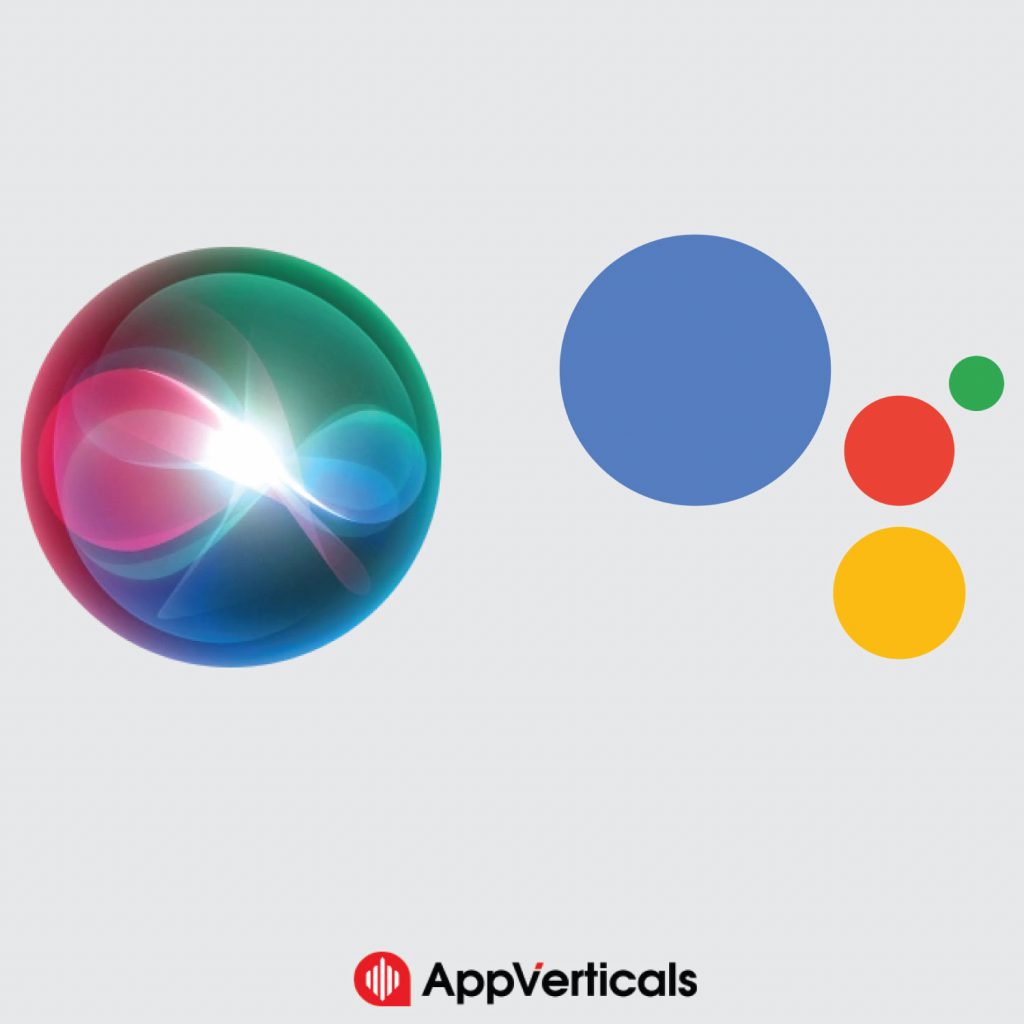
2- Snapchat
As a pioneer in utilizing machine learning for augmented reality (AR) experiences, Snapchat distinguishes apart. Interactive AR filters powered by dynamic facial recognition algorithms alter users’ appearances in real time. These complex machine-learning models track facial traits, enabling imaginative and compelling effects. Snapchat also uses machine learning for content selection to provide users with a personalized Stories and Discover experience based on their preferences and usage habits. This guarantees an exciting and captivating user experience.
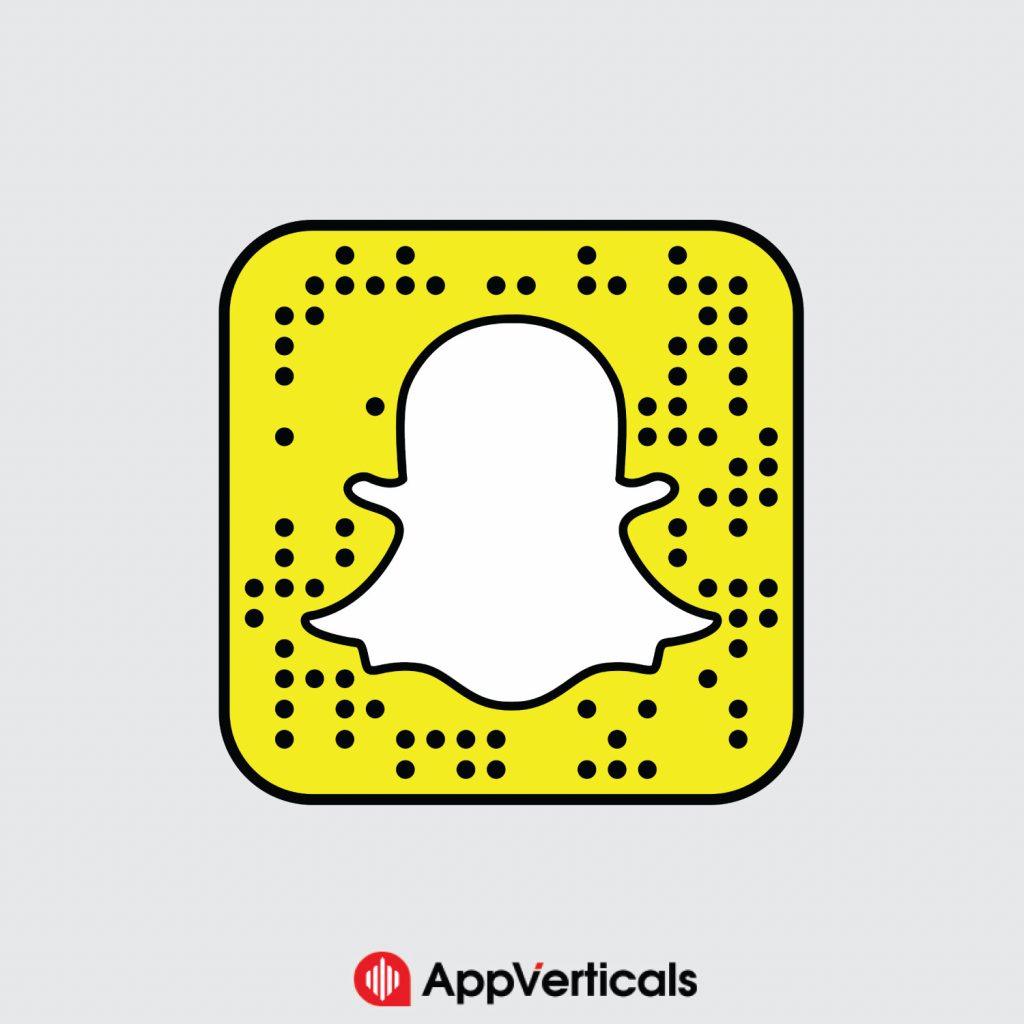
3- Duolingo
A popular language learning program, Duolingo, uses a machine learning algorithm to tailor language lessons to each user. Its adaptive algorithms continuously assess user behavior and performance, customizing exercises and lessons to meet various learning requirements. Duolingo maximizes vocabulary choice and difficulty levels with ML-driven insights, maximizing retention and proficiency. With tailored feedback and progress monitoring, the app’s sophisticated technology encourages users, resulting in a successful and pleasurable language learning experience.
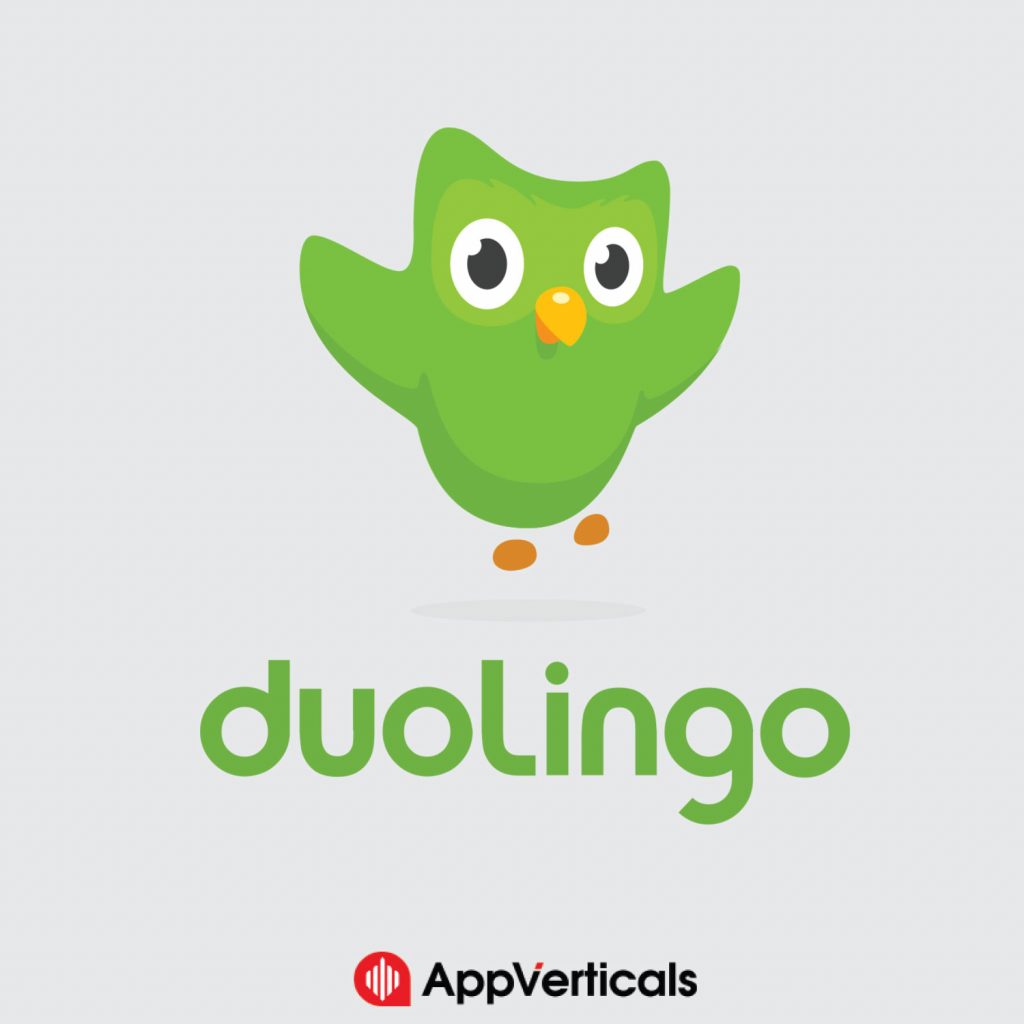
4- Pinterest
In order to provide individualized content selection and recommendation, Pinterest utilizes machine learning. Its cutting-edge algorithms examine user interactions, interests, and browsing history to recommend related pins, articles, and items. Pinterest uses image recognition models to identify objects in photographs, making it simple for users to find visually related material. With these applications of machine learning, Pinterest continuously improves the way users find entertaining and inspiring material that suits their likes and preferences.

5- Netflix
Netflix – a prime example of apps that use machine learning to curate content just for you. Using machine learning, Netflix’s recommendation engine is a key component of its success. Netflix offers users individualized movie and TV show suggestions by examining viewing patterns, user reviews, and other contextual information. This ML-driven strategy makes users more satisfied, engaged, and motivated to find new content. Additionally, Netflix uses machine learning to manage bandwidth and optimize video quality, providing lag-free streaming experiences customized to users’ internet connections and devices.

Crafting Your Ideal Mobile App/Experience Starts Here!
Ready to elevate your business? Your custom app is just a click away.
Yes Let’s goConclusion
In conclusion, machine learning has emerged as a transformative force in mobile app development services. With its remarkable ability to process vast datasets, understand patterns, and make accurate predictions, machine learning has opened up exciting opportunities for developers to and data scientists create innovative, intelligent, and user-centric mobile applications.
Integrating machine learning capabilities into mobile apps allows businesses to offer personalized experiences, automate processes, and deliver real-time insights, enhancing overall user engagement and satisfaction. From automated customer support powered by intelligent chatbots to image and speech recognition for seamless interactions, machine learning enriches the functionalities of mobile apps and improves their performance.
As technology advances, the fusion of machine learning and mobile app development company will play a pivotal role in driving the future of app innovation. Embracing this powerful synergy will enable businesses to stay ahead in a competitive landscape, deliver exceptional user experiences, and unlock new avenues of growth in the ever-evolving mobile app market.

